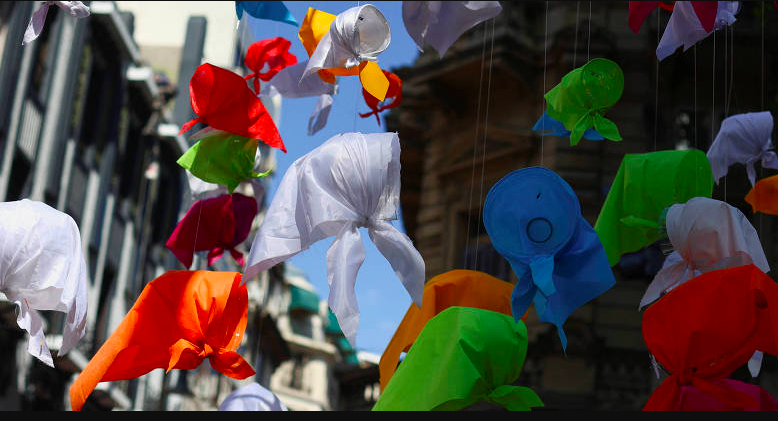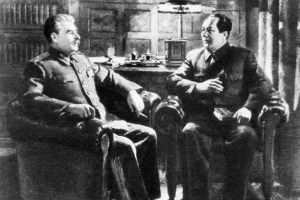
Published 04/18/2024 15:35
Forty years after the end of the military dictatorship in Argentina (1976-1983), historic groups fighting for truth and justice are once again facing the country’s government. The Mothers and Grandmothers of Plaza de Mayo, symbols of resistance against human rights violations during the military regime, are once again at the center of political clashes, this time with President Javier Milei and his vice-president, Victoria Villarruel, both with family ties to agents of repression. They have emptied reparation policies and disputed data on the dead and missing.
Daughter and niece of members of the repression, Villarruel stood out for her defense of the “complete history” of the period. His tireless organization of visits to imprisoned soldiers and the search for a biased understanding of historical events demonstrates the trauma Argentina faces.
On March 5, Sabrina Bölke, trans activist and member of the HIJOS collective, which seeks to identify LGBTQIA+ victims of the dictatorship, was the target of a brutal attack in her apartment in Buenos Aires. The attackers left a message associated with President Milei’s slogan (Viva la libertad, Carajo), highlighting the seriousness of the political context in which the attack occurred.
The budget for investigations into the period was drastically reduced, affecting groups such as the Grandmothers of Praça de Mayo, who continue the search for 255 grandchildren kidnapped by repression. These grandmothers, tireless in their search for their kidnapped grandchildren, now face financial difficulties to continue their investigations.
Since its founding in 1977, the Grandmothers of Praça de Mayo have fought tirelessly to find their kidnapped grandchildren, handed over to families linked to the military or civilians close to the agents of repression. The movement has already managed to recover 137 grandchildren, but continues its search for justice and truth.
One of the most moving cases is that of Guillermo Amarilla Molfino, whose search for his identity revealed a story of pain and loss. Raised as a biological son by a soldier involved in his parents’ kidnappings, Guillermo only discovered the truth after years of suspicions and investigations. His story is a living testimony to the atrocities committed during the dictatorship.
Among the emblematic cases is that of Victoria Donda, granddaughter of one of the founders of the Grandmothers of Praça de Mayo, whose uncle was convicted of kidnapping and appropriating babies. Victoria, now a political leader, found her true identity in 2004, after years of searching and fighting for justice. Her testimony about Donda Tigel’s involvement in the crimes against her family is a vivid reminder of the horror that many Argentines still face.
However, the struggle of the Mothers and Grandmothers of Praça de Mayo faces increasing challenges under Milei’s government. Funding cuts, interference in institutions and attempts to delegitimize the movement put the advances achieved over the decades at risk.
Army documents, as early as 1978, state that 22,000 were detained and disappeared. Mothers and grandmothers defend an estimated 30,000. Only the military can tell the exact number. The victims of state terrorism are left with questions that will probably never be answered.
While the government tries to impose its narrative on the dictatorship period, victims and their families continue to demand truth, justice and memory. In a country where the past still resonates strongly in the present, the conflict between human rights defenders and political power highlights the ongoing struggle of Argentine democracy.
Source: vermelho.org.br

